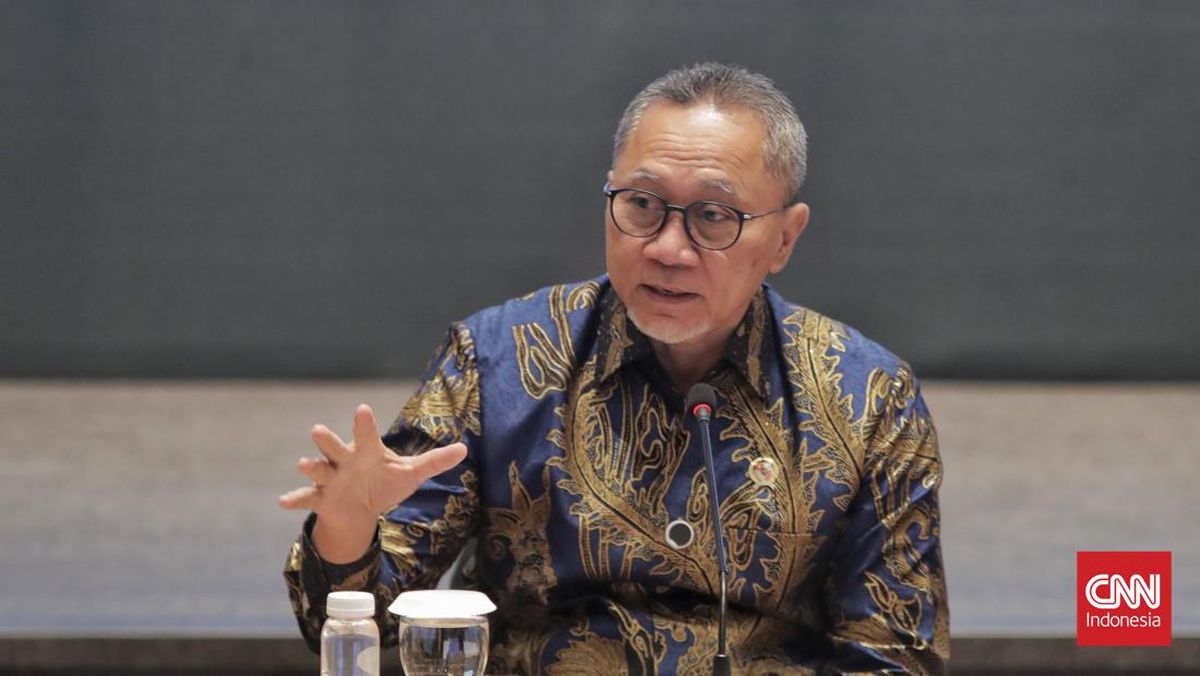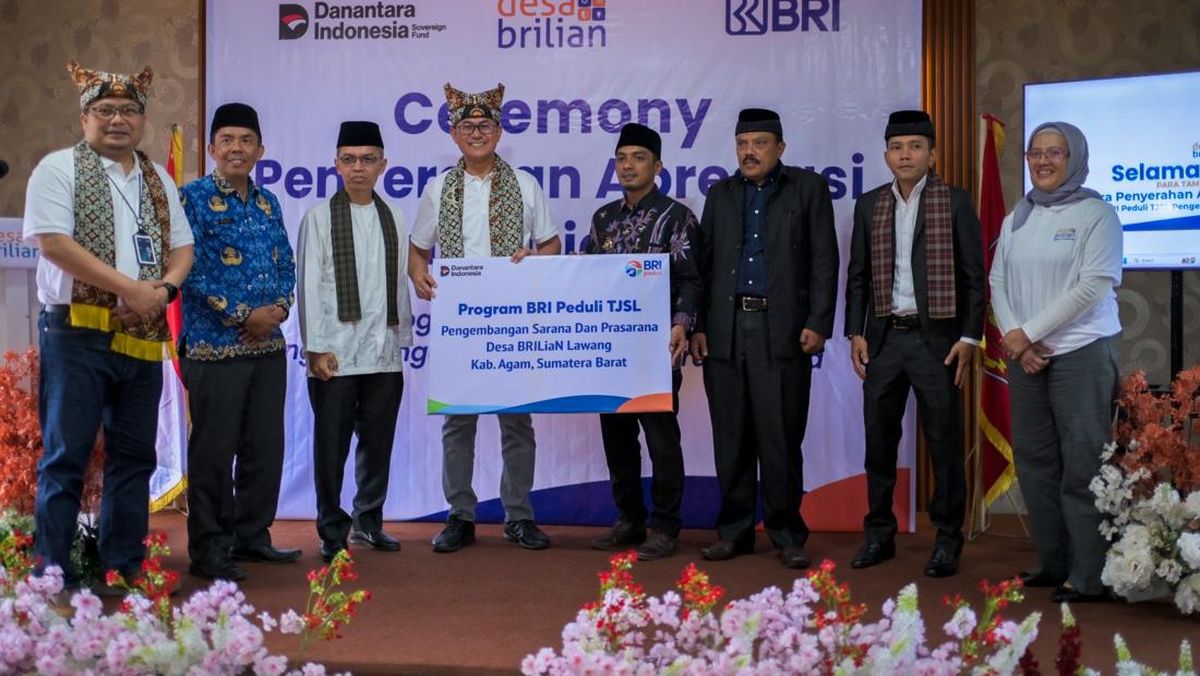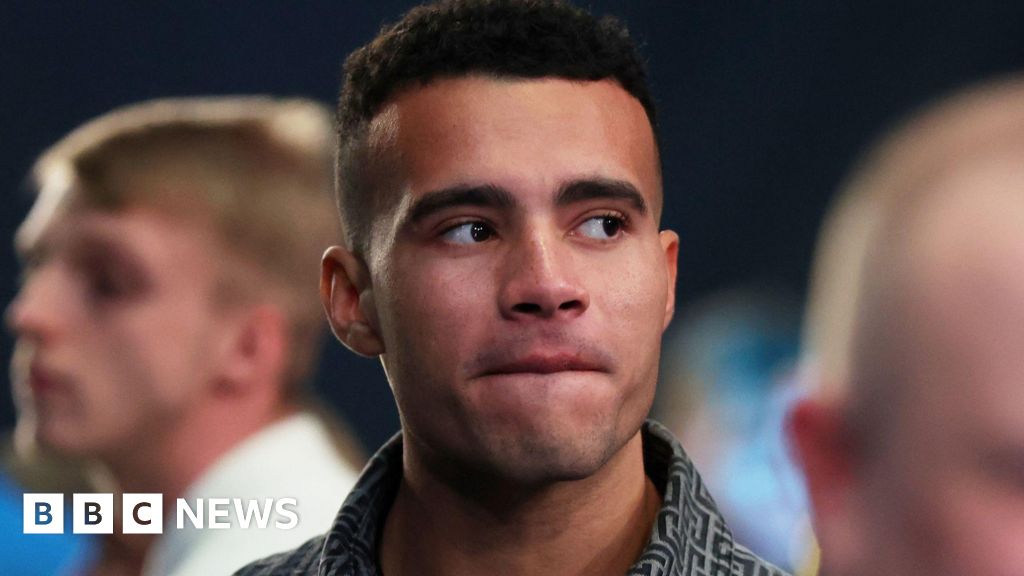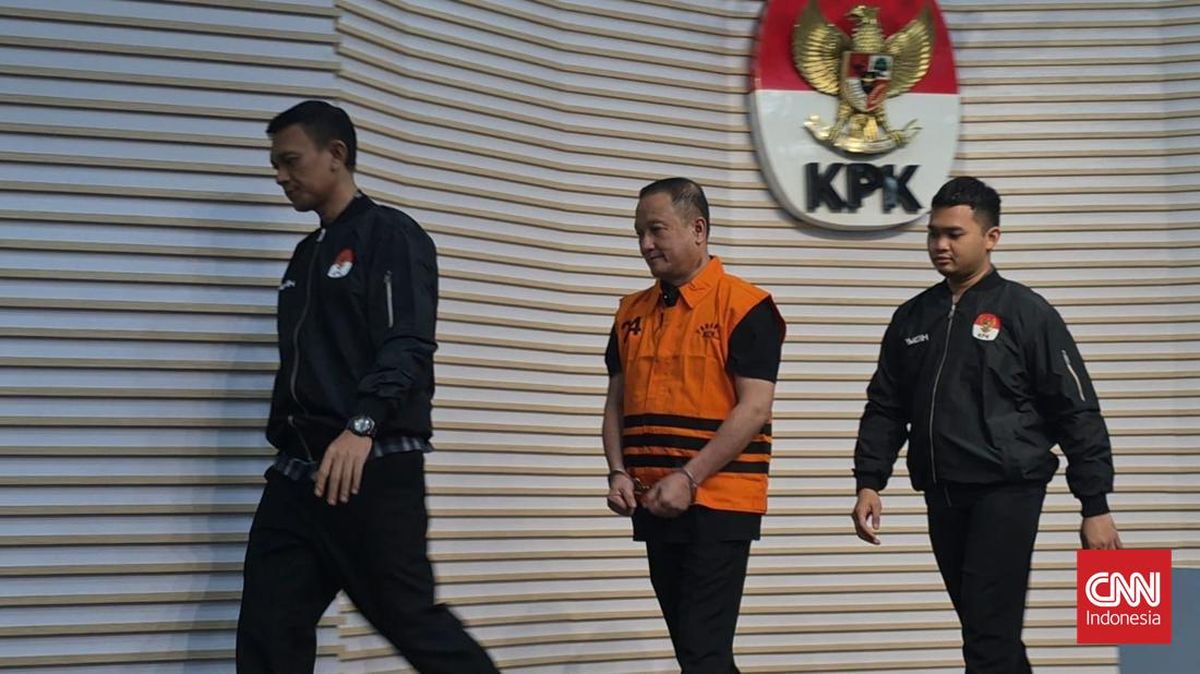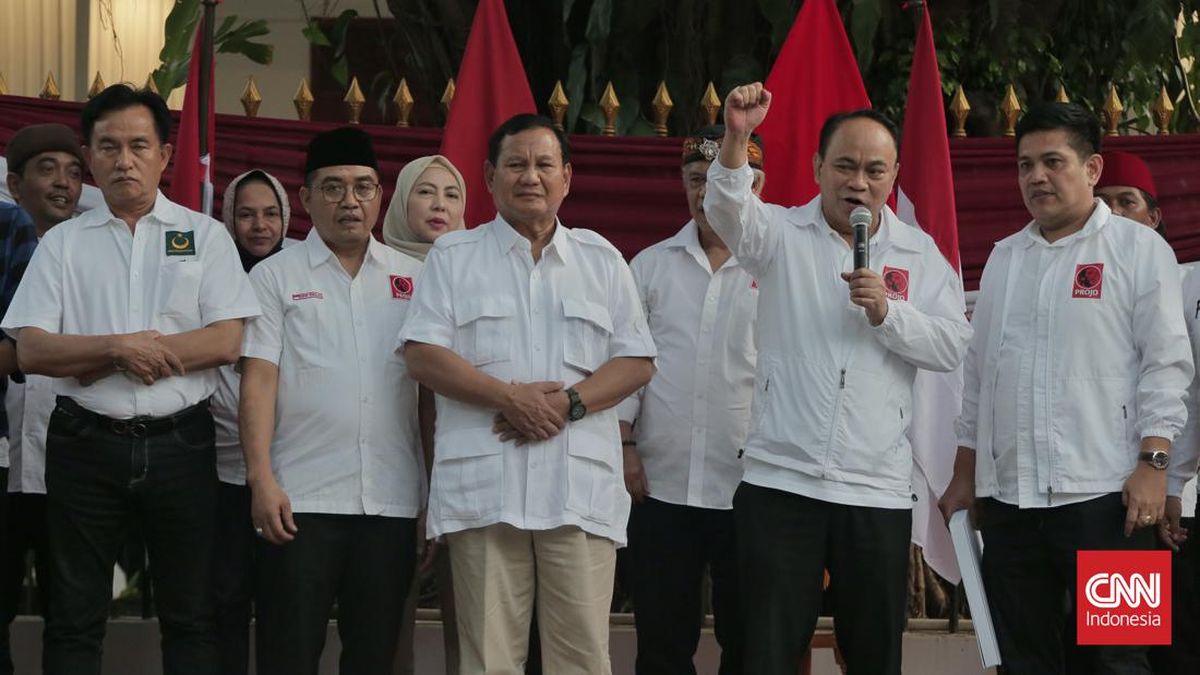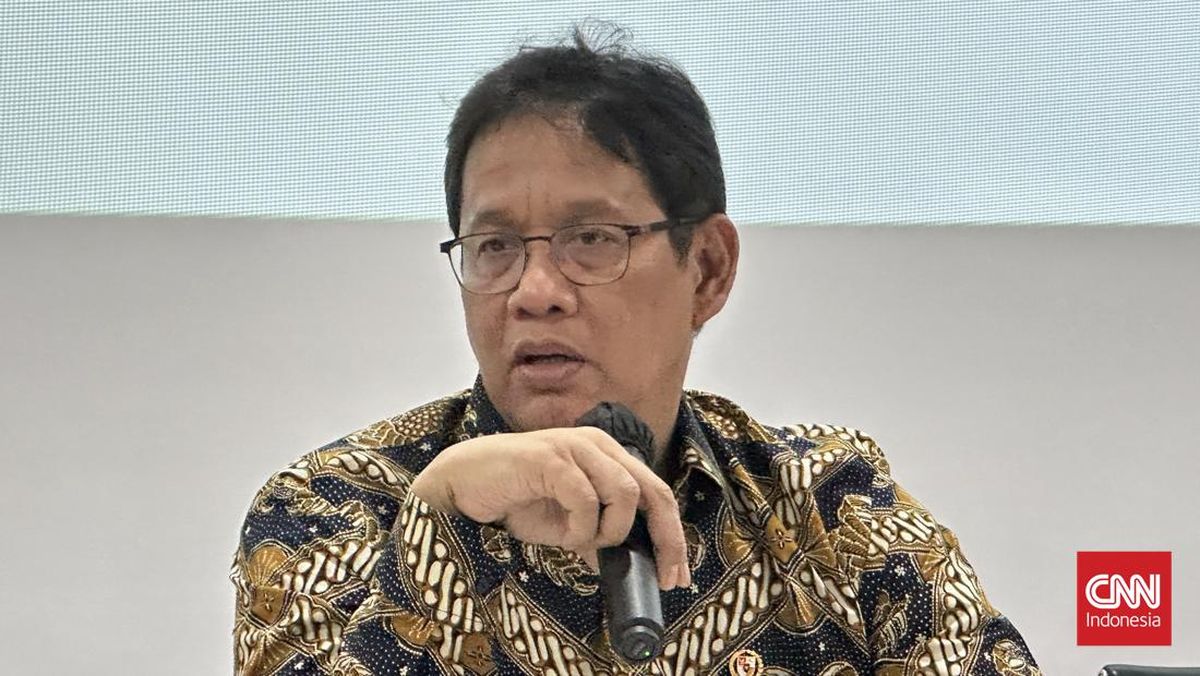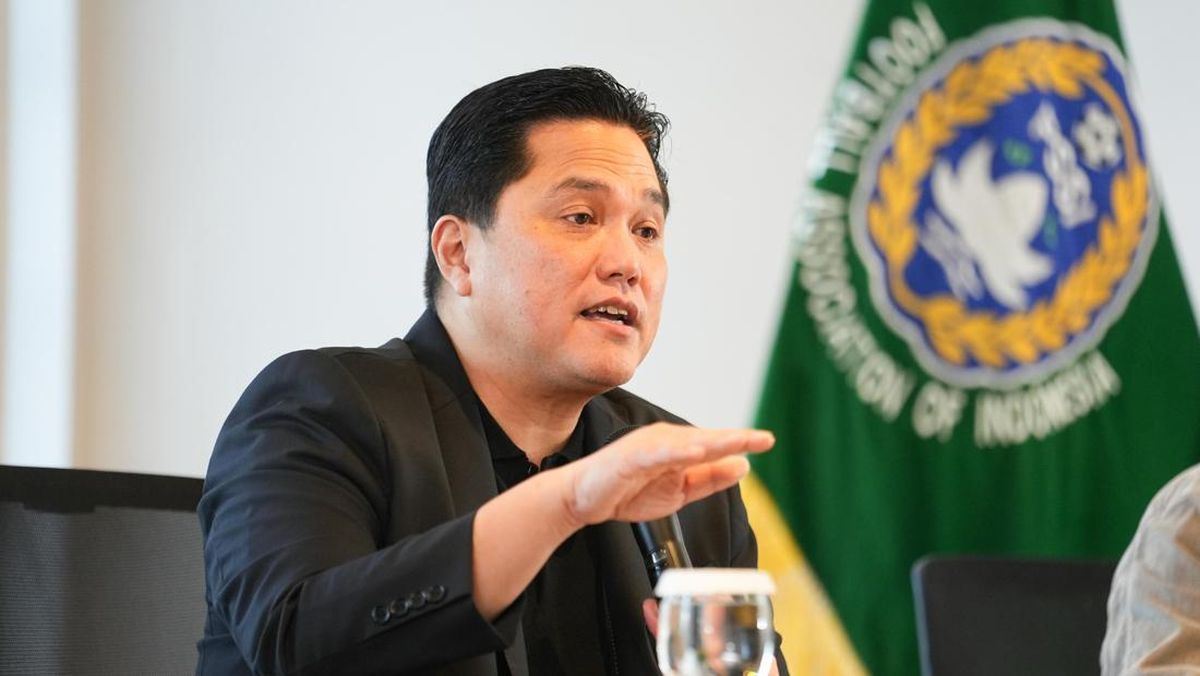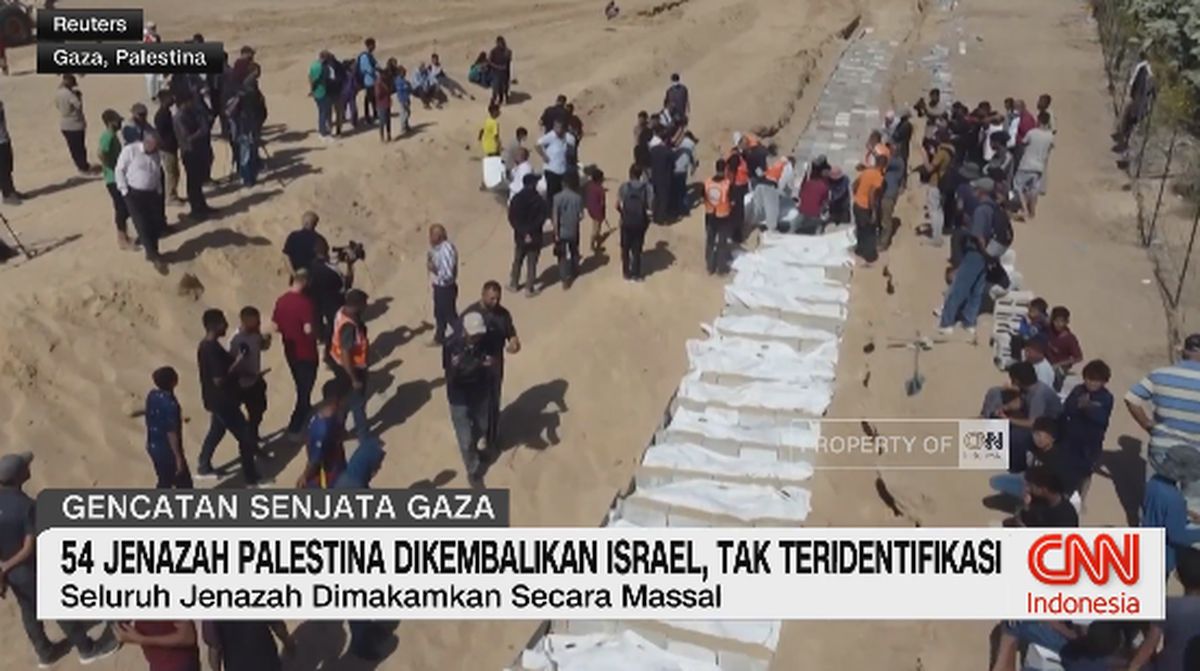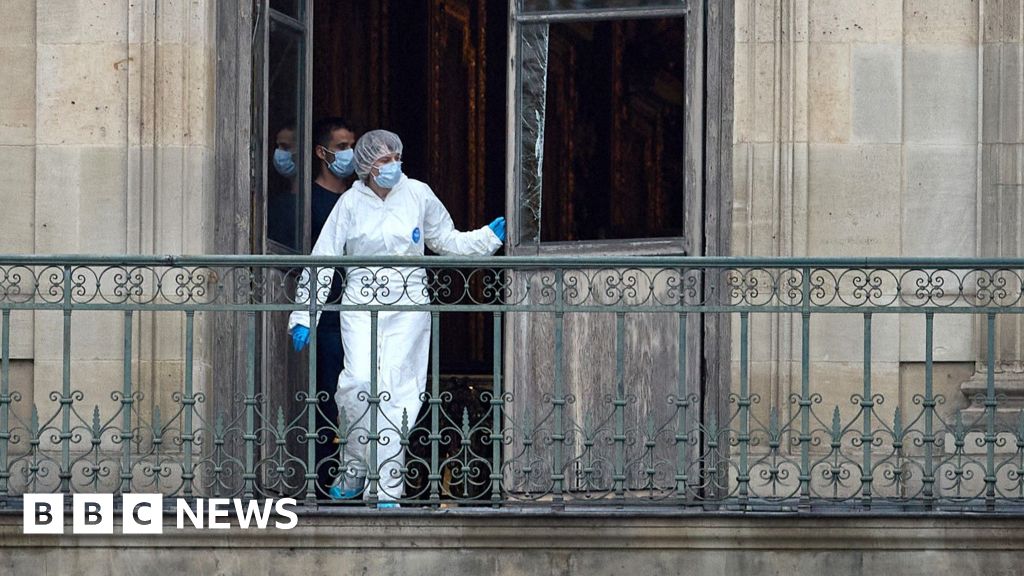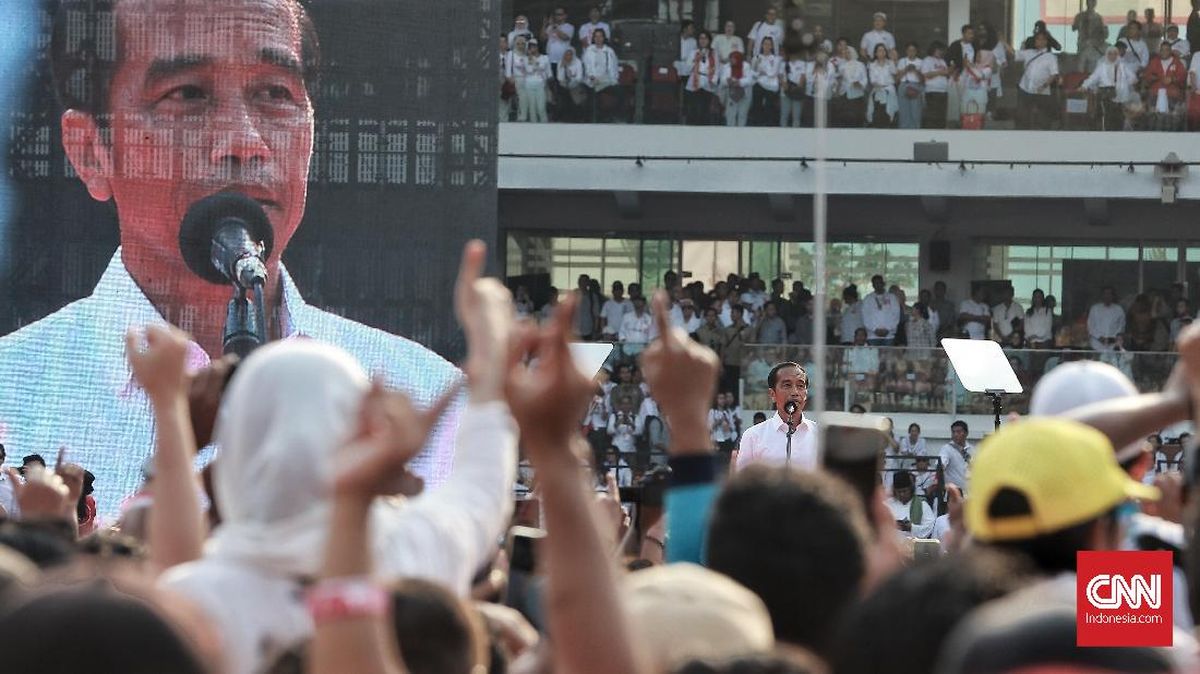Police forces have made progress in tackling grooming gangs and child exploitation but "significant challenges" remain, a watchdog says.
Inconsistent definitions, data accuracy issues and poor national co-ordination risk undermining efforts to protect vulnerable children, His Majesty's Inspectorate of Constabulary and Fire & Rescue Services said in a progress report.
It found only 37% of child exploitation cases were accurately flagged on police systems, with opportunities to protect children still being missed.
The inspectorate's report comes as fallout over the government's national inquiry into grooming gangs continues.
A Home Office spokeswoman said the inspectorate's report showed "important progress" had been made but acknowledged there was "more to do".
Shadow home secretary Chris Philip said the Home Office's failure to adopt a definition for group-based child sexual exploitation was keeping "the system blind to patterns of abuse".
The government's national inquiry has been hit by the loss of two chair candidates, resignation of five women from the victim liaison panel and disagreement over the role of safeguarding minister Jess Phillips.
The inquiry, announced by Prime Minister Sir Keir Starmer in June, is meant to "co-ordinate a series of targeted local investigations" into the group-based child sexual exploitation of girls by grooming gangs.
Inspectors were asked to examine how police handled grooming gangs in 2023 after an earlier investigation, the Independent Inquiry into Child Sexual Abuse (IICSA), uncovered tens of thousands of victims across England and Wales, revealing systemic failures to protect children by public bodies.
On Friday, the inspectorate said in its report that significant progress had been made in the two years since, with almost all forces adopting the IICSA definition, many undertaking culture change programmes to stop victim-blaming and an increase in specialist officers investigating cases.
Commenting on the findings, Michelle Skeer, His Majesty's Inspector of Constabulary, said forces were "increasingly responding decisively and swiftly to reports involving vulnerable children", which led to more safeguarding action and arrests.
But she warned that a failure to collect data from partners such as charities or social services and the incomplete adoption of the IICSA definition in key guidance risked "weakening the police response and failing children".
The report found that delays persisted in investigations and missing data meant the true national picture remained unclear.
Six recommendations from the watchdog include the universal use of the IICSA's definition of an "organised network" and improvements in data collection.
Victims' commissioner Baroness Newlove echoed the call for the adoption of a universal definition, warning that without one victims faced a "postcode lottery" in access to protection.

 3 hours ago
2
3 hours ago
2

